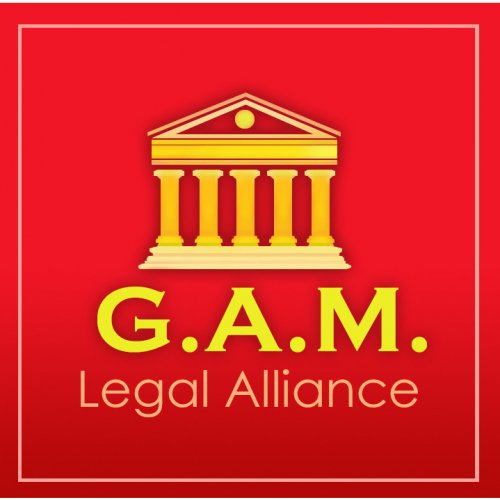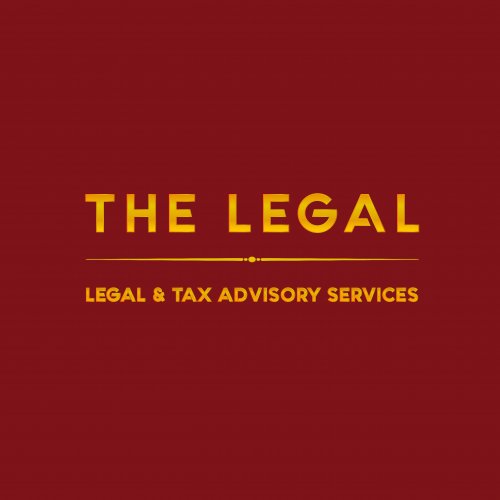About Child Abuse Law in Thailand
Child abuse in Thailand is recognized as a pressing legal and social issue that affects the well-being and future of children. The country’s legal system has measures in place to protect children from various forms of abuse, including physical, emotional, and sexual abuse, as well as neglect and exploitation. The Thai government, alongside various non-governmental organizations (NGOs), works to raise awareness, prevent incidences of abuse, and offer support to victims and their families. Understanding these laws and resources is crucial for ensuring the protection and welfare of children in Thailand.
Why You May Need a Lawyer
Child abuse cases can be complex and emotionally charged, involving the interpretation of intricate laws and statutes. It may be necessary to seek legal advice in situations such as:
- Reporting Abuse: If you suspect or are aware of a child being abused, a lawyer can guide you on legal reporting procedures and the types of evidence required.
- Defending Against Allegations: Those accused of child abuse may need legal defense to navigate the judicial process and ensure their rights are upheld.
- Custody Disputes: Allegations of child abuse can heavily impact custody arrangements, requiring legal intervention to protect the child’s interests.
- Intervention in Cases of Neglect: Lawyers can assist in cases where intervention is necessary to safeguard a child’s welfare.
- Seeking Compensation or Redress: Victims and their families may require legal assistance in seeking compensation or redress for the harm suffered.
Local Laws Overview
Thailand has specific laws aimed at protecting children from abuse. Key aspects include:
- The Child Protection Act (2003): This act establishes the framework for child welfare and protection services, defining the roles of various authorities and the rights of children.
- Penal Code: Various sections of the Thai Penal Code are relevant, including those related to physical and sexual abuse, exploitation, and neglect of minors.
- The Anti-Trafficking in Persons Act (2008): This law addresses trafficking, a form of exploitation affecting children, outlining severe penalties for offenders.
- Domestic Violence Victim Protection Act (2007): This act offers protection to children exposed to domestic violence, providing mechanisms for intervention.
- Juvenile and Family Court and Its Procedure Act: Governs court procedures specific to cases involving juveniles, ensuring a child-friendly legal process.
Frequently Asked Questions
What constitutes child abuse under Thai law?
Child abuse in Thailand includes physical harm, emotional maltreatment, sexual abuse, exploitation, and neglect. Legal definitions may vary slightly, but these are core elements recognized under Thai law.
How can I report suspected child abuse?
Suspected child abuse can be reported to local authorities, the police, or through child protection hotlines. It’s advisable to seek legal counsel to ensure the report is handled correctly.
What happens after a child abuse report is filed?
Authorities will investigate the report, which may involve social services and law enforcement. Legal action can be taken to protect the child and potentially prosecute the offender.
Can foreigners face the same penalties for child abuse as Thai nationals?
Yes, foreign nationals found guilty of child abuse in Thailand face the same legal penalties as Thai citizens.
What are the penalties for convicted child abusers in Thailand?
Penalties vary depending on the severity of the abuse but may include imprisonment, fines, and in severe cases, life sentences. Rehabilitation may also be mandated.
How can a lawyer help in a child custody case involving abuse allegations?
A lawyer can provide representation to ensure that custody decisions are made in the child’s best interest, providing evidence of abuse or defending against false allegations.
Are there resources for rehabilitating victims of child abuse in Thailand?
Yes, numerous NGOs and government programs offer counseling, shelter, and rehabilitation services for child abuse victims.
Is there legal aid available for child abuse cases?
Legal aid services are available through various organizations, assisting those who cannot afford private legal counsel.
Can child abuse cases be resolved outside of court?
Some cases may be resolved through mediation or counseling, especially when involving family members, though criminal cases generally proceed through the judiciary.
What should I do if I am falsely accused of child abuse?
It’s crucial to seek legal advice immediately. A lawyer can help navigate the legal process, protect your rights, and gather necessary evidence to refute the allegations.
Additional Resources
There are several organizations and governmental bodies that offer support and resources concerning child abuse in Thailand. These include:
- Thai Department of Social Development and Welfare: Provides child protection services and interventions.
- Childline Thailand: Offers a 24/7 helpline for children and their families in crisis.
- UNICEF Thailand: Engages in advocacy and protection initiatives for children’s rights.
- Foundation for the Better Life of Children: Provides support to children affected by abuse and neglect.
- The Royal Thai Police: Dedicated divisions handle child abuse and exploitation cases.
Next Steps
If you need legal assistance in matters of child abuse, consider the following steps:
- Consultation: Begin by seeking a consultation with a lawyer experienced in child abuse cases.
- Gather Evidence: Collect any documents, communications, or witnesses that may support your case.
- Contact Authorities: If you haven't already, report the incident to local authorities or child protection agencies.
- Consider Counseling: Explore counseling services for the child involved, as well as for affected family members.
- Stay Informed: Keep abreast of any legal developments in your case and maintain regular communication with your lawyer.
Taking prompt and informed action is crucial in addressing child abuse and navigating the legal landscape effectively.
Lawzana helps you find the best lawyers and law firms in Thailand through a curated and pre-screened list of qualified legal professionals. Our platform offers rankings and detailed profiles of attorneys and law firms, allowing you to compare based on practice areas, including Child Abuse, experience, and client feedback.
Each profile includes a description of the firm's areas of practice, client reviews, team members and partners, year of establishment, spoken languages, office locations, contact information, social media presence, and any published articles or resources. Most firms on our platform speak English and are experienced in both local and international legal matters.
Get a quote from top-rated law firms in Thailand — quickly, securely, and without unnecessary hassle.
Disclaimer:
The information provided on this page is for general informational purposes only and does not constitute legal advice. While we strive to ensure the accuracy and relevance of the content, legal information may change over time, and interpretations of the law can vary. You should always consult with a qualified legal professional for advice specific to your situation.
We disclaim all liability for actions taken or not taken based on the content of this page. If you believe any information is incorrect or outdated, please contact us, and we will review and update it where appropriate.

















